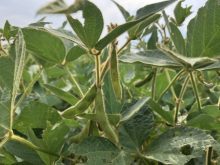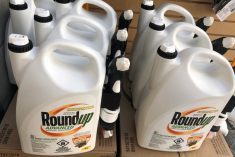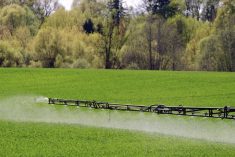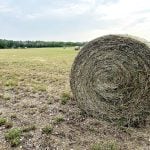Leverkusen, Germany | Reuters — Bayer’s Crop Science business is casting its eye over potential targets to enhance its seeds operation, the division’s head said on Thursday, as competitive threats increase with big mergers among its rivals.
The Bayer CropScience operation comprises the world’s second-largest pesticides supplier but remains a much smaller player in seeds, where boss Liam Condon sees the greatest growth opportunities, particularly in wheat and soy seed markets.
“We always look at any opportunities that come up as long as they fit,” Condon said on the sidelines of the news conference after German drug group Bayer reported full-year results below market expectations.
Read Also

U.S. livestock: Feeder cattle hit contract highs on tight supply
Chicago | Reuters – All Chicago Mercantile Exchange feeder cattle futures and most live cattle futures hit contract highs on…
“There hasn’t been a success in wheat hybridization that has led to a significant increase in yield. But we see a great opportunity there,” Condon added, referring to the development of two separate parent lines that are cross-bred into a more robust hybrid seed for farmers.
“In soy, we continue to see great opportunity in Latin America through bolt-on acquisitions.”
Bayer CropScience has strong market positions in rice, vegetable and canola seeds, but it is determined to meet the challenges presented by sector consolidation.
DuPont and Dow Chemical agreed in December to combine their seeds and pesticides businesses to create a new industry giant, and ChemChina is planning to make a friendly takeover offer for Syngenta, the global leader in crop chemicals.
Condon signalled that Bayer may need faster growth in seeds than in crop chemicals to offer customers a more balanced package of products and services.
“If you have seeds, if you have crop protection and a supporting, decision-making platform with digital services, and you can prove to the farmer that you can increase yield with less resources, that’s a very compelling offer.”
A new precision farming industry has been emerging that provides services such as satellite-guided spraying and harvesting, often by the square yard, enabling farmers to make optimum use of their resources.
“For us it’s about putting that compelling offer together as opposed to being overweight in crop or overweight in seeds. It’s a combination,” Condon said.
— Ludwig Burger and Patricia Weiss are Reuters correspondents based in Frankfurt.
















